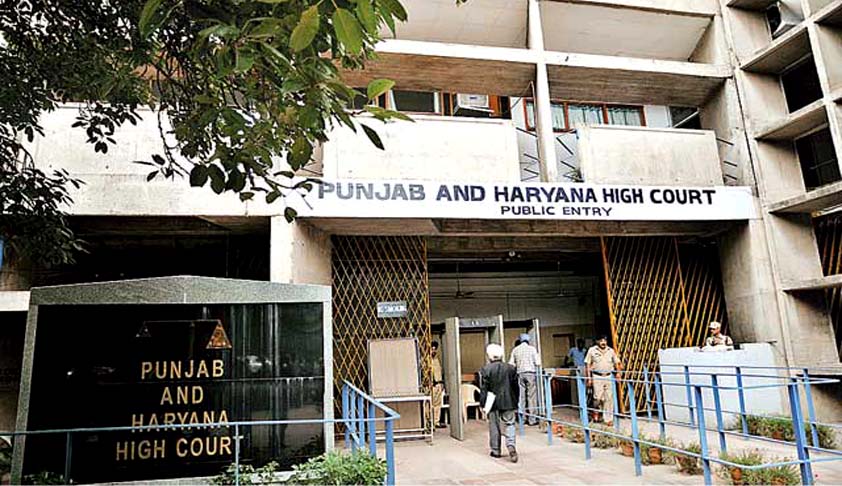- The Court decides to lay down procedure with regards to post-mortem

Chandigarh: The Punjab & Haryana High Court came down heavily on doctors for their careless approach while conducting post-mortem which eventually hampers the fair trial in the criminal justice delivery system. The Court said that medical evidence acquired from post-mortem report was important in the disposal of criminal trial by the Courts at different levels. The Court further added that it has been noticed and it is a matter of common knowledge that the dissection of the body is being done by persons other than Doctors/Forensic Experts in mortuary room. Due to this, the post-mortem reports do not accurately reflect the findings as found on the body. The Court highlighted that “…in several medical colleges, the post-mortems are conducted by the students, who are less experienced and the dissection is performed unscientifically without following the scientific methods. Sometimes, even the forensic experts/senior doctors do not attend the process of conducting the post-mortem and the post-mortem reports are prepared in routine.” Apart from that, in a few cases, at a later stage, the medical opinions are changed during the course of the trial and in the absence of proper videography or photographs doubts are raised with regard to the contents of the post-mortem reports, the judge added.
These scathing observations of the court were made while hearing a revision plea in a culpable homicide not amounting to a murder case. During the course of arguments, counsel for the petitioners pointed out that as per the report, the doctors could not declare the cause of death of the victim in the present case. Perusing the report, the Court noted, “It was stated in the post-mortem report that cause of death shall be given after the receipt of the chemical examiner report. However, surprisingly, after the receipt of chemical examiner report, it has been mentioned that the injuries suffered by the deceased were neither grievous nor life threatening and the cause of death could not be declared in the present case.” It clearly shows that the post-mortem examination was done “in a very casual manner” and due to the said fact, even the investigation could not be conducted properly in the present case, added the judge.
The Court further said that in several cases it has noted that the investigation could not be conducted in criminal matters, “in absence of proper medical evidence.” “Thus, not only the victim of crime suffers, but the accused is also deprived of a fair trial. This case is one of the most conspicuous example of gross negligence on the part of the doctors of the medical board,” the judge opined. Justice Shekhawat observed that the post-mortem reports/MLRs are very crucial to deciding the cause of death, and the injuries found on the body and to determine whether any poisoning was there or not. It is one of the most vital pieces of evidence for the criminal justice delivery system. “The evidence of doctor based on medico-legal report/post-mortem report is the foundation of a criminal trial, where injuries have been caused to some person, suicides, cases of poisoning etc.,” added the Court.
The Court said that before proceeding any further, to lay down the procedure with regard to the conducting of post-mortem examinations, which may be followed by the doctors/forensic experts, it would be appropriate to implead the Secretaries, Department of Health and Family Welfare of the State of Punjab, Haryana, Union Territory of Chandigarh as respondents Nos. 3 to 5, respectively. The Court directed the newly impleaded respondents to file their respective affidavits on or before the next date of hearing.


